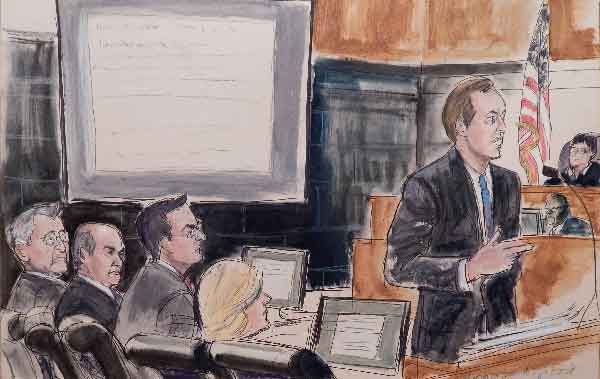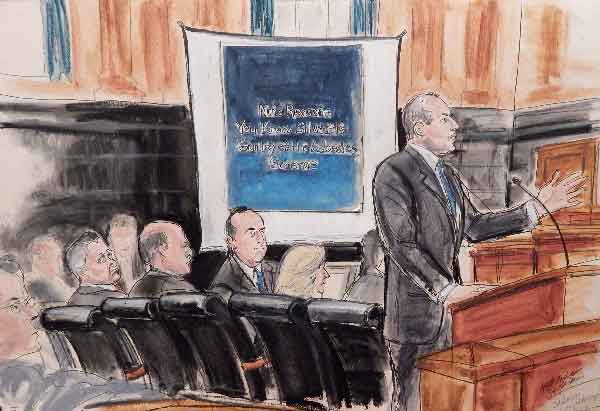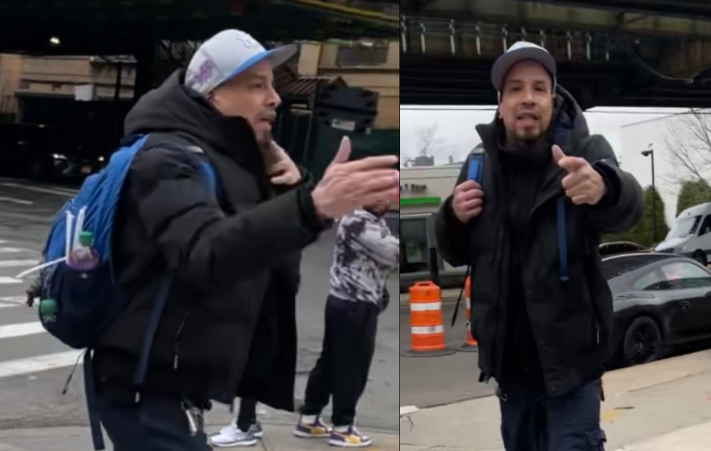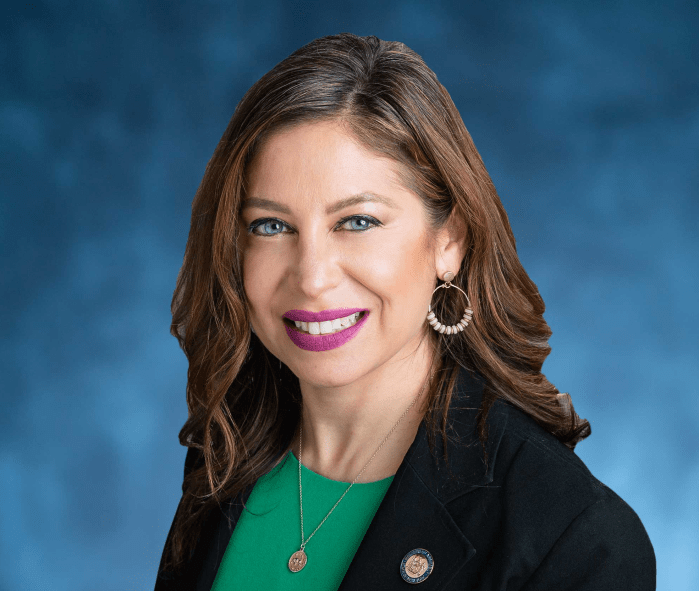
BY DUSICA SUE MALESEVIC | The fate of Assemblymember Sheldon Silver, on trial on graft and corruption charges, is now in the hands of the jury, which broke off deliberations for the holiday weekend and will resume Monday.
Deliberations began on Tues., Nov. 24, and were already spiked with drama as several news outlets reported that a juror wanted to be dismissed after just two hours. Judge Valerie E. Caproni did not dismiss the juror, but questioned another about talking to a news reporter.
Closing summations by both the prosecution and defense were on Mon., Nov. 23.
The case hinges on the issue of explicit quid pro quo: doing something to get something in return. The prosecution said Silver was using his office — specifically, as one of the three most powerful men in the state as Assembly speaker — to make money.
The Lower East Side Democrat has represented the 65th Assembly District for 39 years and was assembly speaker for 20 years.
“Sheldon Silver is anything but honest,” said Andrew Goldstein, assistant U.S. attorney, during his closing remarks. He said Silver has been “cheating, lying [and] getting away with it” for years, abusing his position for more than a decade.

The government divided its case into two schemes: asbestos and real estate.
In the asbestos scheme, Dr. Robert Taub of Columbia University referred his mesothelioma patients to the law firm Weitz & Luxenberg, which then doled out referrals fees to Silver to the tune of more than $3 million. Silver allegedly then gave his support to two state Department of Health grants totaling $500,000 for Taub’s research.
The prosecution also stated that Silver used his office to help get Taub’s son a job, Taub’s daughter an internship and gave an official Assembly proclamation to Taub.
The defense countered that the state was doing a good thing by supporting Taub’s research and that the doctor stated in court there was no explicit quid pro quo.
Steven Molo, one of Silver’s defense attorneys who presented the closing summation, showed the jury the original nonprosecution agreement with Taub. In it, the words “in exchange for” and “at Silver’s request” were crossed out before Taub would sign it.
“It took two to tango and there was no dance of corruption with Dr. Taub,” Molo stated.
Molo also used what the prosecution termed the “friendship defense”: Taub and Silver were friends and that is why he helped the doctor out.
“That defense is absurd,” Goldstein said.
Goldstein said the two men barely knew each other and when Taub threw a 400-person wedding for his daughter, Silver was not on the guest list.
In the real estate scheme, prosecutors said Silver requested that major developers Glenwood Management and the Witkoff Group move their business to a small firm, Goldberg & Iryami, for property tax work.
Glenwood hired the firm in 1997 while the Witkoff Group did so in 2005, according to prosecutors.
Goldberg was then cutting checks to Silver for referrals, totaling $700,000.
The developers wanted a tax break, called 421-a, to be renewed, and each time that happened, new buildings were sent to Goldberg & Iryami, said Goldstein. The tax abatement was extended in 2003, 2007 and 2011. In 2003, there were two properties with Goldberg. That jumped to six in 2007, 16 in 2008 and 22 properties in 2012, according to the prosecution.
“Glenwood is rewarding Sheldon Silver every time they get what they want,” Goldstein said. “This was a scam orchestrated by the speaker of the Assembly.”
Molo said the real estate scheme “makes absolutely no sense” and was the “strangest quid pro quo ever.” Molo insisted Silver was pro-tenant.
“Mr. Silver was not in Glenwood’s pocket,” he said. “The real estate case is zero. It is nothing.”
Both the developers and Taub did what they did to garner “goodwill” with the then-Assembly speaker, according to Molo.
“Remember the environment we’re talking about,” he told the jury, meaning the political goings-on of Albany.
Molo said that because New York State has a citizen Legislature that is only in session for six months a year, its members are allowed to do outside work and there will be “some form of conflict.” Nevertheless, no crime had been committed, according to Molo.
“Did Mr. Silver sell his office? No,” said Molo, who repeatedly said the prosecution had “a theory looking for a case.”
Goldstein said the defense’s “politics as usual” defense was “outrageous.”
“He did these things for money,” he said of Silver. “Let’s dispense with the nonsense.”

















